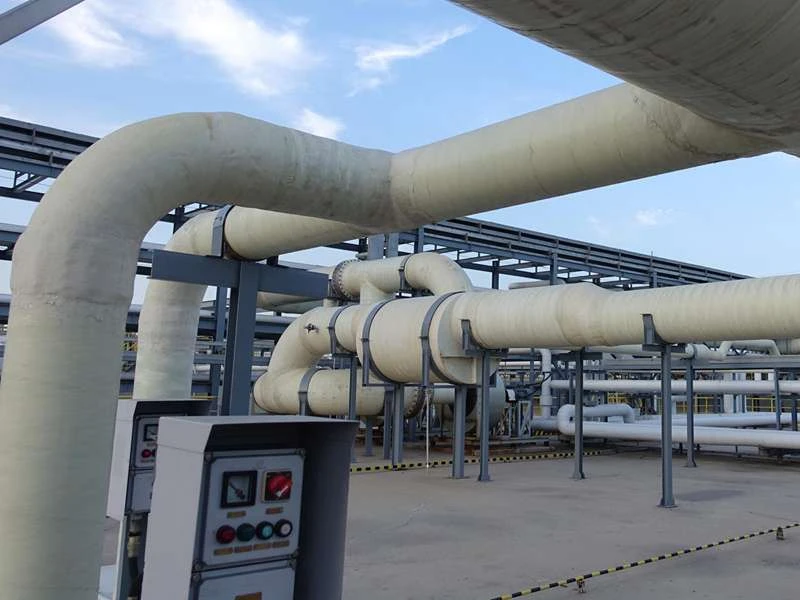
-
 Afrikaans
Afrikaans -
 Albanian
Albanian -
 Amharic
Amharic -
 Arabic
Arabic -
 Armenian
Armenian -
 Azerbaijani
Azerbaijani -
 Basque
Basque -
 Belarusian
Belarusian -
 Bengali
Bengali -
 Bosnian
Bosnian -
 Bulgarian
Bulgarian -
 Catalan
Catalan -
 Cebuano
Cebuano -
 China
China -
 China (Taiwan)
China (Taiwan) -
 Corsican
Corsican -
 Croatian
Croatian -
 Czech
Czech -
 Danish
Danish -
 Dutch
Dutch -
 English
English -
 Esperanto
Esperanto -
 Estonian
Estonian -
 Finnish
Finnish -
 French
French -
 Frisian
Frisian -
 Galician
Galician -
 Georgian
Georgian -
 German
German -
 Greek
Greek -
 Gujarati
Gujarati -
 Haitian Creole
Haitian Creole -
 hausa
hausa -
 hawaiian
hawaiian -
 Hebrew
Hebrew -
 Hindi
Hindi -
 Miao
Miao -
 Hungarian
Hungarian -
 Icelandic
Icelandic -
 igbo
igbo -
 Indonesian
Indonesian -
 irish
irish -
 Italian
Italian -
 Japanese
Japanese -
 Javanese
Javanese -
 Kannada
Kannada -
 kazakh
kazakh -
 Khmer
Khmer -
 Rwandese
Rwandese -
 Korean
Korean -
 Kurdish
Kurdish -
 Kyrgyz
Kyrgyz -
 Lao
Lao -
 Latin
Latin -
 Latvian
Latvian -
 Lithuanian
Lithuanian -
 Luxembourgish
Luxembourgish -
 Macedonian
Macedonian -
 Malgashi
Malgashi -
 Malay
Malay -
 Malayalam
Malayalam -
 Maltese
Maltese -
 Maori
Maori -
 Marathi
Marathi -
 Mongolian
Mongolian -
 Myanmar
Myanmar -
 Nepali
Nepali -
 Norwegian
Norwegian -
 Norwegian
Norwegian -
 Occitan
Occitan -
 Pashto
Pashto -
 Persian
Persian -
 Polish
Polish -
 Portuguese
Portuguese -
 Punjabi
Punjabi -
 Romanian
Romanian -
 Russian
Russian -
 Samoan
Samoan -
 Scottish Gaelic
Scottish Gaelic -
 Serbian
Serbian -
 Sesotho
Sesotho -
 Shona
Shona -
 Sindhi
Sindhi -
 Sinhala
Sinhala -
 Slovak
Slovak -
 Slovenian
Slovenian -
 Somali
Somali -
 Spanish
Spanish -
 Sundanese
Sundanese -
 Swahili
Swahili -
 Swedish
Swedish -
 Tagalog
Tagalog -
 Tajik
Tajik -
 Tamil
Tamil -
 Tatar
Tatar -
 Telugu
Telugu -
 Thai
Thai -
 Turkish
Turkish -
 Turkmen
Turkmen -
 Ukrainian
Ukrainian -
 Urdu
Urdu -
 Uighur
Uighur -
 Uzbek
Uzbek -
 Vietnamese
Vietnamese -
 Welsh
Welsh -
 Bantu
Bantu -
 Yiddish
Yiddish -
 Yoruba
Yoruba -
 Zulu
Zulu
Durable and Lightweight Fiberglass Storage Tanks for Various Applications
Fiberglass Storage Tanks A Durable Solution for Fluid Storage
In today’s world, effective storage solutions are essential for a variety of industries, including agriculture, chemical processing, water treatment, and fuel storage. Fiberglass storage tanks have emerged as a reliable and versatile option, offering a range of benefits that make them ideal for numerous applications. This article explores the advantages of fiberglass storage tanks, their uses, design considerations, and maintenance.
The Advantages of Fiberglass Storage Tanks
One of the primary advantages of fiberglass storage tanks is their exceptional durability. Made from a combination of glass fibers and resin, these tanks are resistant to corrosion, rust, and other environmental factors. This makes them suitable for storing a wide variety of fluids, including corrosive chemicals and wastewater. Unlike traditional materials such as steel or plastic, fiberglass does not suffer from degradation over time, allowing for a longer service life and less frequent replacements.
Another significant advantage is the lightweight nature of fiberglass. Compared to concrete or steel tanks, fiberglass tanks are easier to transport and install. Their reduced weight also translates to lower transportation and installation costs. Additionally, fiberglass tanks can be manufactured in various shapes and sizes, allowing for customization to meet specific requirements.
Fiberglass storage tanks also exhibit excellent insulation properties. This is particularly important for applications involving temperature-sensitive fluids, as the insulation helps maintain the desired temperature, reducing energy costs and enhancing efficiency. Furthermore, fiberglass is a non-conductive material, minimizing the risk of electrical hazards.
Applications of Fiberglass Storage Tanks
Fiberglass storage tanks are suitable for a diverse range of applications. In the agricultural sector, they are commonly used for storing fertilizers, herbicides, and pesticides. Their resistance to corrosion ensures that the chemicals remain uncontaminated, helping to maintain soil and crop health.
fiberglass storage tanks

In the chemical processing industry, fiberglass tanks are ideal for storing acids, solvents, and other hazardous materials. Their ability to withstand harsh chemicals without deteriorating guarantees safety and compliance with industry regulations. Similarly, in water treatment facilities, fiberglass tanks are utilized for storing treated water and chemicals used in the treatment process.
In the fuel storage sector, fiberglass tanks provide a safe and reliable solution for storing gasoline, diesel, and other fuels. Their non-corrosive properties prevent contamination, ensuring that the stored fuel remains pure and reliable for use. Additionally, fiberglass tanks can be designed with double-walled construction for added safety, reducing the risk of leaks and environmental contamination.
Design Considerations
When selecting a fiberglass storage tank, several design considerations should be taken into account. First, the tank’s capacity and dimensions must align with the intended use and available space. It is crucial to assess the specific fluid being stored, as different materials may be required to accommodate various chemical properties.
Furthermore, local regulations and industry standards must be observed during the design and installation process. Compliance with safety standards is essential for minimizing risks associated with storage tanks, particularly when dealing with hazardous materials.
Maintenance and Care
While fiberglass storage tanks require minimal maintenance compared to other materials, regular inspections are still essential to ensure optimal performance. Inspecting for any signs of damage, such as cracks or leaks, is crucial to prevent potential failures. Additionally, routine cleaning may be necessary to remove any buildup or sediment that could affect the tank’s efficiency.
In conclusion, fiberglass storage tanks offer a durable, versatile, and efficient solution for fluid storage across various industries. Their lightweight nature, resistance to corrosion, and excellent insulation properties make them an ideal choice for applications involving chemical and agricultural storage. With careful consideration of design and maintenance, fiberglass storage tanks can provide safe and reliable storage solutions that meet the needs of dynamic industries. As technology and materials continue to evolve, fiberglass tanks are poised to remain a leading option for effective storage, demonstrating their lasting value and importance in modern industry.









